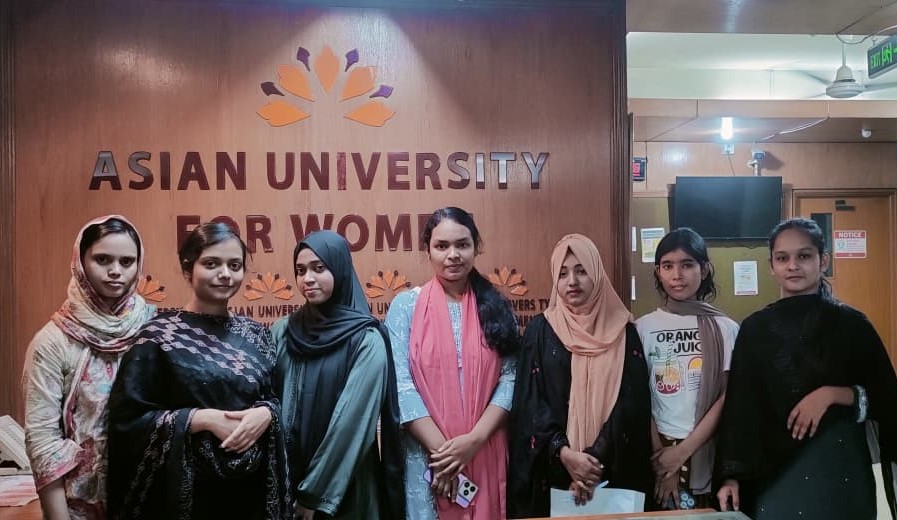There is a huge mismatch between demand and supply in manpower coming from education -many educated youths are unemployed while companies are not getting the right people while recruiting
There is a huge mismatch between demand and supply in manpower coming from education –many educated youths are unemployed while companies are not getting the right people while recruiting. The crisis often reveals itself in the large number of mid-to-upper level jobs occupied by regional ‘bideshis’ even while there are so many educated unemployed in the country.
The demand-supply mis-match in urban and industrial jobs is well-recognized but resolving this problem by talking grandly of bureaucratic ‘system improvement in education’ has proven to be a false door. What is needed is a multi-pronged effort that puts the spotlight on the need for a national vision on education and simultaneously promotes a focus on delivery of innovations including the need for overcoming critical capacity barriers.
I see an overall national vision on missing quality education and that is a major part of the crisis. All stakeholders – the government, politicians, students themselves and of course parents – are very much focused on the issue of access but on the simultaneous challenge of quality, the focus and engagement is substantially missing. As a consequence, we are seriously in danger of embracing an education paradigm that universalises access but fails on quality. Indeed, what the many projects and many initiatives are doing is universalising sub-standard education. Of course, the elites bypass this process by creating islands of quality education for their offspring but the cost barriers ensure that such islands are off-limits to the majority of the population.
Witness for example the alarming decline in students intake in science education.We struggle to get even good teachers required for teaching the students mathematics and English despite the evolution of various techniques and availability of modern technology to support quick learning and spread of knowledge at all spheres of the society.
I strongly feel the necessity of a paradigm shift in our approach to education,which is going to be a major challenge for us as a nation. The society must come out of the colonial mindset to create ‘Babus’ through certificate-driven education without building quality manpower or good citizens. Students are not yet aware of the risks of undergoing such a process of education.
A key solution in this regard could be skills. Development of skills could itself become a service industry which can meet the manpower needs of other industries. This is not only a matter of injection of skills into the youths but also of retraining of the on-job people or upgrading of their skills in line with the needs of the industries and companies. We have somehow ignored the whole issue of skills, which remain at a level far below the potential.
We have no problem with the demand for education in view of population growth as well as their quest for being educated. But the institutional management of education is very poor. Political actors are content with the horizontal growth of substandard education and we have not been able to create a national culture of pursuing quality education which also involves capacity of the institutions.
We have seen the growth of universities, especially in the private sector, following the rise in the demand for higher education.These institutions, too, seems to have joined the competition to produce Babus. However, in some cases, degree holders from private institutes, despite lack of quality, showed better attitudes in the work place while graduates from public universities, despite certain amount of good knowledge, showed serious drawbacks in terms of attitudinal issues. Unfortunately, there is no harmony between standard and attitude.
Apart from higher education, we need short courses to improve quality of manpower and make up for the gap in the knowledge and skills. Some social enterprises could be developed to serve the respective industries. For instance, migrant workers who returned from abroad with some money and attitude to work, could be retrained with skills either to serve different sectors or to promote them as entrepreneurs.
We also often mix up the point of improving institutions or curriculum with an attacking approach. Some of us make blanket criticism of the English-medium schools without saying how to improve those which are not of high quality, let alone appreciating the good ones. We have failed to understand that the value of education cannot be ensured only through classroom learning.
Historically, in the process of economic development of a nation, manufacturing comes second after agriculture and service sector stands at the third position. But in our case, we need to put emphasis on service alongside manufacturing and prepare manpower with that target. Skills education can lead the growth of the domestic service sector and skilled manpower can also capture jobs in the overseas market.
In this context, technology has come as a blessing for us.We have enough scope to use technologies, be it in agriculture and service industries, to exploit maximum economic and business potentials in Bangladesh. Our technological advancement should come through a high-tech and low-tech combination so that we do not need to incur huge costs not affordable to us. Bangladeshi farmers have proved that this is possible.
We have made excessive focus on BBAand MBA again to produce Babus in business. That is why the institutions cannot fit in the demand from the corporate sector despite availability of a large number of graduates in business studies. Now, we need to refocus our education with a variety of solutions and skills. This can help both the industries and the jobholders and jobseekers themselves.
**Dr Hossain Zillur Rahman is a former Adviser to the Caretaker Government and Executive Chairman of Power and Participation Research Centre (PPRC).














